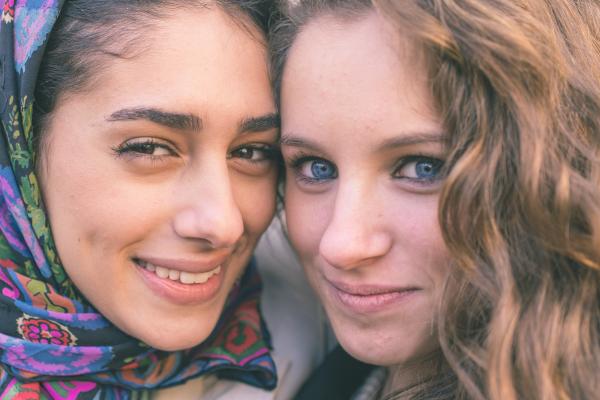Jun 9, 2016
Joining with Muslims, we can dare to make another impossibility possible: While Muslims fast from food and water, I call upon our government to fast from drones and bombs, from night raids and occupations, from violence of all kinds. During these days when Muslims give of themselves to show solidarity with the poor and vulnerable, let us have the courage to see the faces of the victims of our violence — those who have lost limbs and loved ones to the greed and megalomania of the powers that be, those who live in fear under the drone of drones, those displaced, those deprived of food for even longer than 19 hours a day.
Read the Full Article

Already a subscriber? Login
